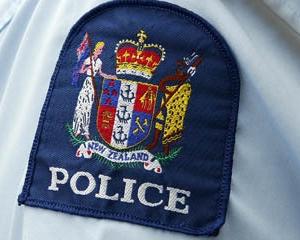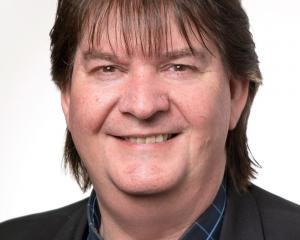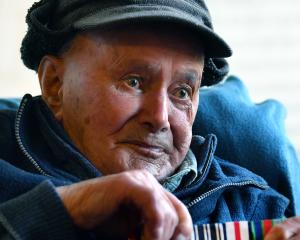Southerners trying to kick addictions to hard drugs are having to wait two years to gain treatment.
That was ‘‘totally unacceptable’’ and needed to change, Southern District Health Board chairman Pete Hodgson told a board meeting yesterday.
‘‘The idea that someone in our community wants to give up an addictive drug but cannot get assistance to do so for any length of time is simply awful.’’
The board considered a briefing which suggested in the past two years 55 patients had waited an average of 45 days to enter the opioid substitution programme.
However, SDHB specialist addiction services unit manager David Jaggard questioned the accuracy of wait time figures in the report.
‘‘It depends how you choose to measure a wait time. If I were to measure it by someone coming on to the programme today and them asking me how long they might wait I would say two years,’’ he said.
‘‘We have people who have been waiting for one year, but the reports we send out only tend to measure how long people we start have been waiting, and that varies from month to month.’’
The service, on average, received 80 referrals over a two-year period, and its caseload should be about 323 patients Mr Jaggard said.
‘‘It is sitting around 415 at the moment and they were as high as 430 ... They go up every year, but without additional funding.’’
Board member John Chambers, an emergency department clinician, said even those figures did not truly demonstrate how many people needed treatment.
‘‘The number of referrals on this table in no way reflects the need in the community or the number of people whom we would like to refer to this service.’’
Fellow board member Tuari Potiki, a former chairman of the New Zealand Drug Foundation, agreed.
‘‘The damage and harm caused to whanau and communities from people having to wait that long is immense and often people don’t last two years ... They either end up in prison or dead.’’
Mr Jaggard said there was significant under resourcing of the treatment programme, which had often had to draw upon staff dealing with alcohol and methamphetamine addictions to assist with the opioid substitution programme, to the point where those services had suffered staff shortages.
‘‘One of the reasons we are effectively capped in terms of staff numbers is that we believe we can no longer take people from that end of the service.’’
The board called for a paper with the latest correct data to be prepared for next month’s meeting of its community and public health committee.
Mr Hodgson said the board needed to know the true scope of the problem, and to also involve general practice in trying to address it.












